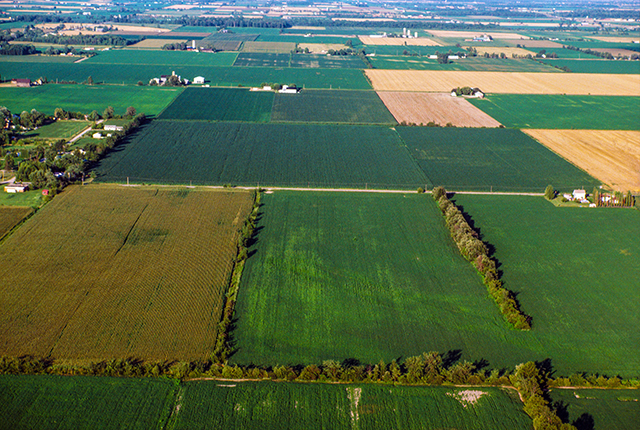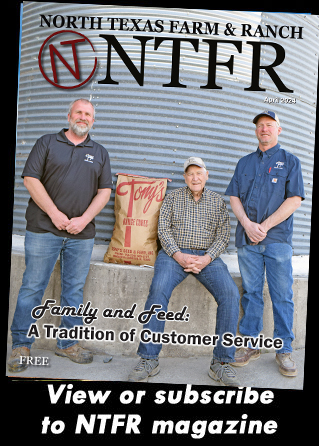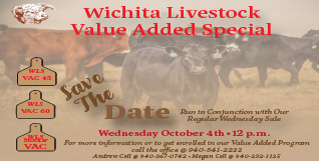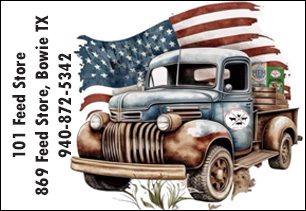Country Lifestyles
Cade McCutcheon: Blood, Sweat and Respect

The name McCutcheon is synonymous with success in the world of reining after generations have built a rock-solid reputation of being the best. This
past year, the younger generation emerged to prove the legacy will live on
as Cade McCutcheon burst onto the Professional scene.
While reining may be in his blood, it is Cade McCutcheon’s sweat that has
earned him respect in the sport. He set out to prove he could compete with the best when he made the decision to give up his Non Pro card earlier this year. He has done just that with a work ethic unparalleled in many his age, along with a competitive spirit combined with talent that has earned him major wins, including the biggest competition the sport has ever seen – the Run for a Million.
The youngest McCutcheon was riding by the time he was five, showing by the age of seven and winning major events by the time he was 15. Along the way he was learning from the best, his family, including his parents, National Reining Horse Association million dollar riders Tom and Mandy McCutcheon and grandparents, NRHA multi-million dollar rider and Hall of Fame member Tim McQuay and NRHA Hall of Fame member Colleen McQuay. However, McCutcheon said he never felt pressured to join them. He knew they would support him no matter he career path he chose. Instead, they showed him by example what working hard and humility looks like.
“When it comes to the business, I try and do everything like my dad did, because I think as a businessman, there’s maybe not anybody better in our industry. It’s the same thing as with reining, the best thing is just to work at it,” said McCutcheon. “What I learned from my grandmother is always make sure the clients are important to you. No matter what you’re doing, go and talk to your clients. They are who you get your horses from and how you make it all run, so always put the clients first and make sure to thank your owners. Thank all the people; just be thankful and be humble.”
To read more pick up a copy of the November 2019 NTFR issue. To subscribe call 940-872-5922.
Country Lifestyles
While We Were Sleeping

By Martha Crump
That old adage, “What you don’t know won’t hurt you.,” may have some basis in truth when applied to minor situations. However, when what you don’t know is presented in the form of a “Trojan Horse” and is what amounts to an incredible attempt to fleece American property rights, it becomes a different story altogether.
To put this unbelievable tale together, we need to step back to Joe Biden’s 2021 Executive Order which pledged commitment to help restore balance on public lands and waters, to create jobs, and to provide a path to align the management of America’s public lands and waters with our nation’s climate, conservation, and clean energy goals.
To read more, pick up a copy of the April issue of NTFR magazine. To subscribe by mail, call 940-872-5922.
Country Lifestyles
Lacey’s Pantry: Strawberry Sorbet

By Lacey Vilhauer
Ingredients:
1 whole lemon, seeded and roughly chopped
2 cups sugar
2 pounds strawberries, hulled
Juice of 1 to 2 lemons
¼ cup water
Directions:
Place the chopped lemon and sugar in a food processor and pulse until combined. Transfer to a large bowl. Puree the strawberries in a food processor and add to the lemon mixture along with juice of one lemon and water. Taste and add more juice as desired.
To read more, pick up a copy of the April issue of NTFR magazine. To subscribe by mail, call 940-872-5922.
Country Lifestyles
A Mountain Out of a Molehill

By Nicholas Waters
As winter plods along – come Spring and gopher mounds – homeowners and farmers find themselves playing a familiar song – fiddling while Rome is burning.
Let’s make a mountain out of a molehill. Those mounds on your lawn and pasture could be moles, but they’re more than likely gophers; Plains Pocket Gophers to be pragmatic – Geomys bursarius to be scientific.
These rodents dig and chew, and the damage they can do goes beyond the mounds we mow over. Iowa State University cited a study in Nebraska showing a 35 percent loss in irrigated alfalfa fields due to the presence of pocket gophers; the number jumped to 46 percent in decreased production of non-irrigated alfalfa fields.
The internet is replete with academic research from coast-to-coast on how to curtail gopher populations, or at least control them. Kansas State University – then called Kansas State Agricultural College – also published a book [Bulletin 152] in February 1908 focused exclusively on the pocket gopher.
To read more, pick up a copy of the April issue of NTFR magazine. To subscribe by mail, call 940-872-5922.
-

 Country Lifestyles1 year ago
Country Lifestyles1 year agoScott & Stacey Schumacher: A Growth Mindset
-

 Equine7 months ago
Equine7 months agoThe Will to Win
-

 Country Lifestyles7 years ago
Country Lifestyles7 years agoStyle Your Profile – What your style cowboy hat says about you and new trends in 2017
-

 Country Lifestyles4 years ago
Country Lifestyles4 years agoAmber Crawford, Breakaway Roper
-

 HOME7 years ago
HOME7 years agoGrazing North Texas – Wilman Lovegrass
-

 Country Lifestyles7 years ago
Country Lifestyles7 years agoDecember 2016 Profile, Rusty Riddle – The Riddle Way
-

 Country Lifestyles8 years ago
Country Lifestyles8 years agoJune 2016 Profile – The man behind the mic: Bob Tallman
-

 Outdoor9 years ago
Outdoor9 years agoButtercup or Primrose?






